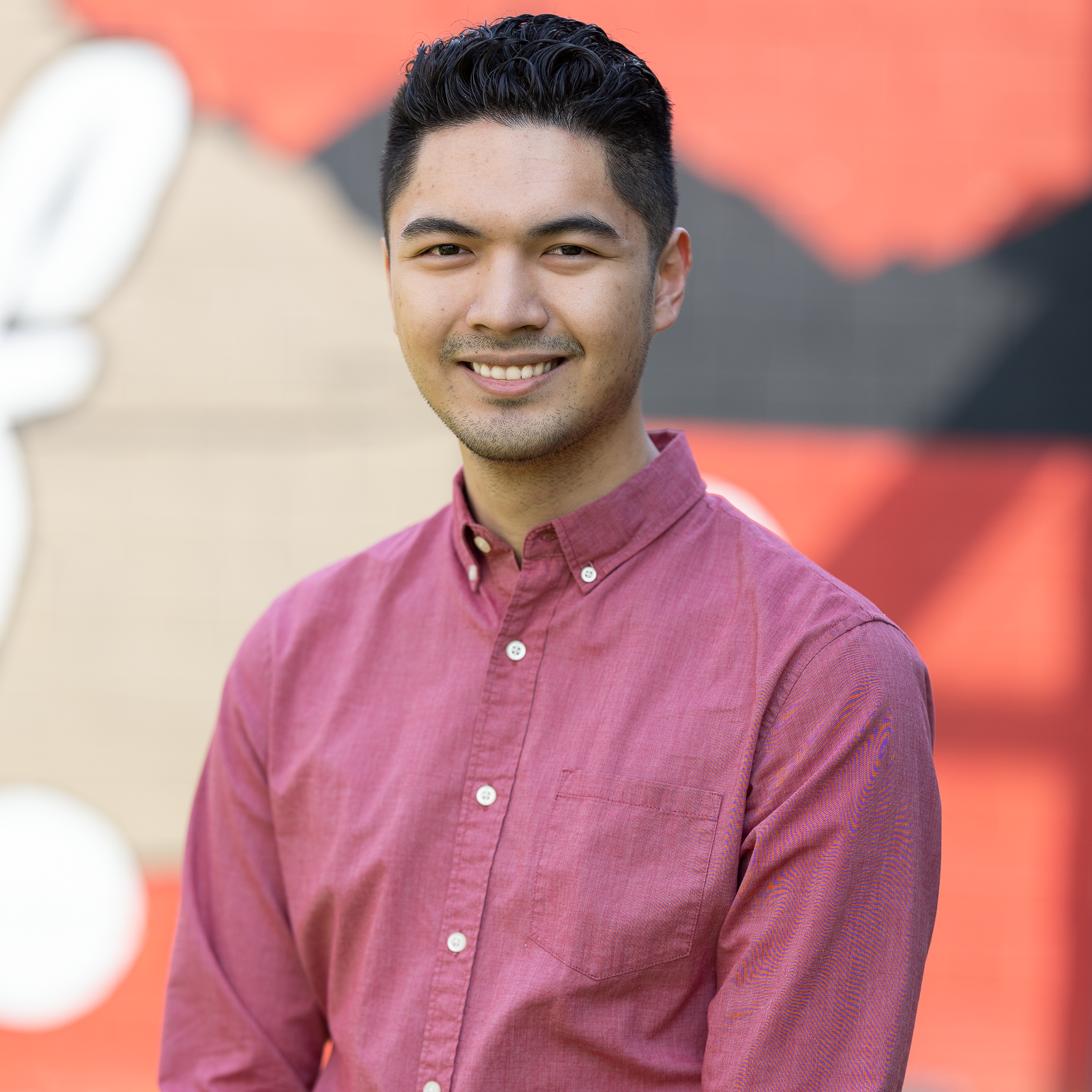During Filipino American History Month, Reflecting on What a Cultural Center Can Mean to a Community
In this Community Wise blog, LISC Indianapolis’ Ephraim Palmero celebrates his community, and the journeys and contributions of Filipino Americans who have come before him. Community centers, he argues, like the Philippines Cultural Community Center in Indy, are invaluable spaces and resources for the members of any diaspora, and they form an intrinsic part of inclusive community development that we must support.
On October 18, 1587, the first Filipinos arrived in North America, pulling ashore on what is today Morro Bay, CA—nearly 200 years before the signing of the Declaration of Independence, and more than 400 before the U.S. Congress officially marked October as Filipino American History Month. In those intervening centuries, Filipinos, who now make up the second largest group among Asian Americans, have made invaluable contributions to this country’s economic and cultural richness, including in the fields of healthcare, civil rights, entertainment and community development. This week closes out a month of celebrating and teaching about those lives and accomplishments.
When I first moved to Indianapolis last year, one of the first places I visited was the Philippines Cultural Community Center, in South Indy. As a first-generation immigrant from the Philippines, I always look for ways to meet with fellow Filipinos (kababayans), to share a sense of belonging to our culture and heritage. This is something I deeply appreciate about the Filipino community—the ability to connect with each other wherever we find ourselves. That, and our shared resilience and capacity to thrive in the face of an ongoing global pandemic and discrimination that continues to affect our families and friends.
Since its founding in 2020, the Philippines Cultural Community Center has served as the city’s nexus of Filipino culture, business, community partnership and social services. The Center offers cultural education through language and history classes, as well as resources for people seeking U.S. naturalization or dual U.S.-Filipino citizenship. It also hosts a weekly market where local Filipino vendors sell fresh Philippine cuisine and items made in the Philippines.

Recently, the Center received funding from the LISC Indianapolis façade program. In collaboration with the Southeast Neighborhood Development (SEND), they used their $7,000 grant to hire a local artist to paint a mural on the cultural center’s exterior showcasing famous Filipino figures, past and present, and depicting the journey of Filipinos coming to Indianapolis.
During an event celebrating the mural’s completion, I was filled with happiness and optimism about the future of Filipinos in Indianapolis: our heroes and our journey will be seen by visitors and anyone else passing the center. Moreover, Filipinos living in Indy, or those just arriving, can now see people who look like them and be inspired to achieve their dreams and aspirations, surrounded by a supportive community. I wondered how the first Filipinos moving to a Midwestern city felt, as they faced (and continue to face) the barriers and discrimination that many immigrants share. I’m often reminded of the sacrifices my parents made for my brother and me to have the opportunities we now enjoy.
These are just some of the reasons that it’s so important to support cultural centers as places for communities to come together, to share heritage and to access support services that address the needs of their diaspora. Uplifting spaces such as the Center not only builds a bridge between cultures but nurtures a city’s progress toward a more inclusive and equitable society. Community development must acknowledge the identities and histories of others—it’s imperative to enhance the quality of life and wellbeing of all residents and neighborhoods.
About the Author
 Ephraim Palmero, Assistant Program Officer, LISC Indianapolis
Ephraim Palmero, Assistant Program Officer, LISC Indianapolis
Ephraim Palmero is the assistant program officer for Food Systems with LISC Indianapolis. Born in Manila, Philippines, and a new Indy resident by way of Michigan, in his free time, Ephraim helps support his community by volunteering at the Philippines Cultural Community Center and other groups that uplift the AAPI and Filipino voice.